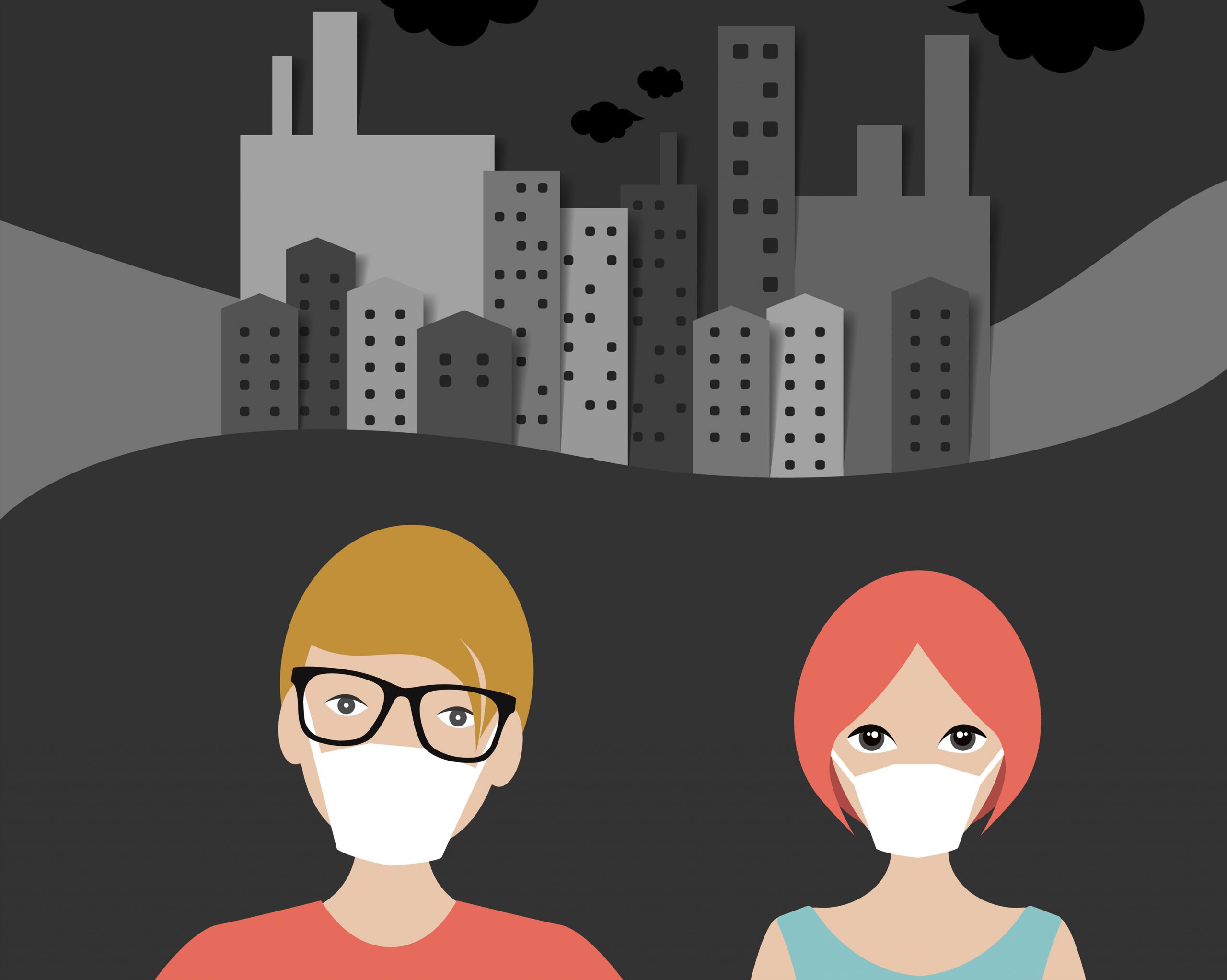Air pollution is very detrimental to human health. According to World Health Organization (WHO), air pollution is the reason for the death of nearly seven million people worldwide every year. In big cities like Delhi, 9 out of every 10 people currently breathe air with pollutants that exceed the WHO’s guideline limit.
Air pollution can cause great damage not only to lungs but can impact other organs including heart. Several diseases, birth defects and lower reproductive rates can be attributed to air pollution.
Effect on Air Pollution on Heart
Air pollutants can travel into the bloodstream through lungs and to the heart. This increases the risk of developing heart and circulatory diseases. The pollutants can damage the blood vessels and make them narrow, making it difficult for the blood to flow freely.
Other effects of pollutants can include blood clotting and increased blood pressure. Regular exposure to air pollution can affect the heart’s electrical system and cause irregular heartbeat or heart arrhythmia.
Patients with existing heart and circulatory conditions may have an increased risk of heart attack or stroke.
Impact of Pollution on Teenagers
According to medical research, air pollution can trigger irregular heartbeat in healthy teenagers that can be potentially fatal. This can be caused by fine particles of less than 2.5 microns in size that can be easily inhaled into the lungs. People exposed to pollution over a period of time are at risk of developing cardiovascular disease and other complications.
Dr. Ramji Mehrotra, India’s renowned Heart Specialist, says that these fine air particles can disrupt the autonomic nervous system that controls the rhythms of heartbeats. According to Dr. Mehrotra, premature atrial contractions and premature ventricular contractions are two types of irregular heart rhythms.
Premature atrial contractions, in which heartbeat originates from atria, increase the risk of atrial fibrillation and possible stroke. Premature ventricular contractions, in which heartbeat originates from ventricles, also raise the risk of heart attack, heart failure and cardiac death.
Studies on teenagers have found that due to regular exposure to fine particulate matter, around 80 percent of them experience at least one irregular heart rhythm while over 40 percent experience both.
Addressing the Issue
Dr Ramji Mehrotra says that teenagers are prone to irregular heartbeats but most of them are not aware of it. If any youngster experiences any of the conditions like pounding of the heart or fast heartbeat or skipping of a heartbeat, it is essential to seek medical advice. The doctor is the right person to diagnose the issue and suggest the right treatment.
Dr. Mehrotra also recommends wearing face masks in outdoor conditions and while travelling to reduce the impact of pollution. It is also advised to avoid commuting during peak hours when the pollution is at the maximum level.

